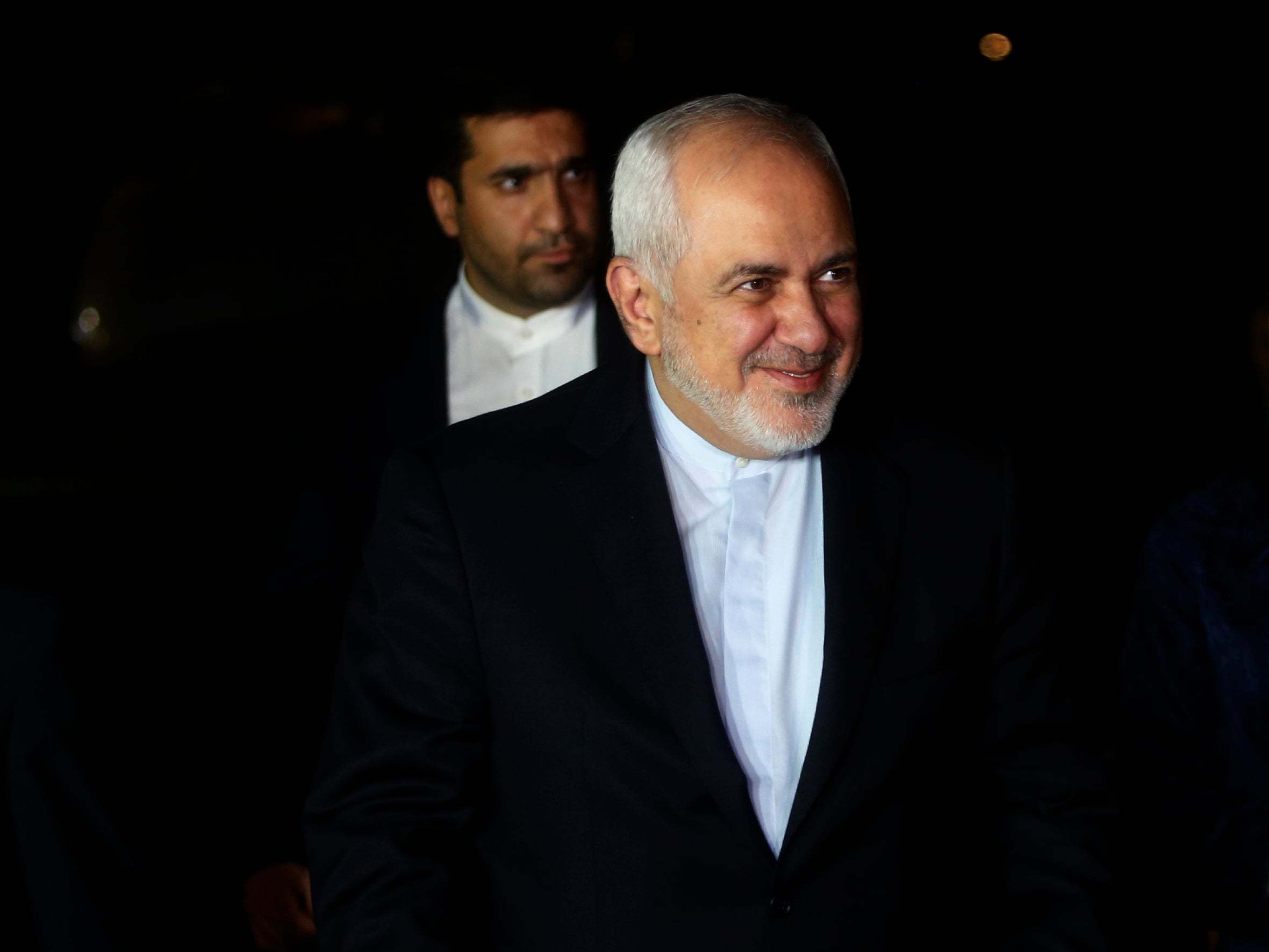In rare meeting between Iran and Gulf rival, some see signs of possible harmony
Others dismiss talks as nothing more than aimed at tackling fishing disputes

A meeting of ranking Iranian and Arabian peninsula security officials in Tehran this week has fuelled speculation about the possibility of rapprochement between adversaries.
An official seven-person delegation from the United Arab Emirates Coast Guard met with Iranian counterparts on Tuesday to discuss a range of maritime issues including border security, illegal crossings, fishing rights, and shipping through the narrow Strait of Hormuz, according to Iran’s official Islamic Republic news agency.
It was the first such meeting since 2013. But while Iranian news outlets highlighted the event as a potential diplomatic breakthrough, a Gulf official downplayed the gathering. The official Emirates News Agency did not even mention it, much less tout it as a sign of warming relations.
“It is a technical meeting that was organised a long time ago to discuss routine maritime issues,” an unnamed Gulf official told Reuters.
Brig Gen Qassem Rezaei, an Iranian security official overseeing borders, met with UAE Coast Guard commander Brig Gen Mohammad Ali Mesbah Al-Ahbabi.
Emirati officials are concerned about the continued detention of fishermen who have strayed into Iranian territorial waters. But Iranian officials say the meeting was meant to improve relations with both the UAE and Saudi Arabia.
The meeting comes amid heightened tension between the US and Iran, a confrontation that has escalated dramatically since 2018 when the administration of Donald Trump pulled out of the 2015 nuclear accord in a campaign sometimes described as “maximum pressure” against Tehran.
The seizure of an Iranian ship by UK and Gibraltar authorities at the apparent behest of the Trump administration and the subsequent Iranian capture of a UK oil tanker have increased concerns about a military confrontation between Tehran and its adversaries.
The UK and France are now attempting to organise a maritime security corridor to help ships transit in and out of the Persian Gulf – something Iran has rejected on principle.
The UAE may be hedging its bets following a series of attacks on ships after leaving its ports, which has appeared to underscore its vulnerabilities. It recently sought to depict a long-planned drawdown of forces in Yemen, where it is fighting Iranian-aligned Houthi rebels, as a stepping back from the disastrous four-year conflict.
“The UAE continues to be one of the savviest foreign policy actors in the Middle East, hedging their foreign policy bets as necessary and willing to walk away from sunk costs,” wrote Emma Ashford, a researcher at the Cato Institute in Washington, on Twitter.

A small confederation of seven smaller sheikhdoms hosting hundreds of thousands of Iranian nationals, the UAE is directly in the line of fire between Iran and the US.
While the oil-rich capital of Abu Dhabi and its Crown Prince Sheikh Mohammed bin Zayed are close to the Trump administration and have sought confrontation with Tehran, the commercially focused province of Dubai depends on Iran for business and tourism. And the poorer coastal emirates rely on good relations with Iran to sustain their fishing industries.
Some observers dismiss the talks as anything but logistical.
“This meeting between the UAE and Iran is with their Coast Guards and this deals with fisheries and fishermen and nothing else,” said Theodore Karasik, a Middle East specialist at consultancy firm Gulf State Analytics.
“This is an issue between Iran and the northern emirates that is important for the local traditional economy.”
Iran has long argued that western powers should keep out of the Persian Gulf and allow littoral states to police their own affairs. It has for years said it was open to dialogue with Arab adversaries, even as it has found itself on the opposing side of regional conflicts in Syria, Lebanon, Yemen, and Iraq.
“If Saudi Arabia is ready for dialogue we are always ready for dialogue with our neighbours,” Iran’s foreign minister, Mohammad Javad Zarif, told journalists in Tehran on Tuesday, a message he has publicly conveyed repeatedly in recent years.
“Iran is ready to sign non-aggression pacts with the Persian Gulf Arab states,” he said in May during a visit to Baghdad.
Join our commenting forum
Join thought-provoking conversations, follow other Independent readers and see their replies
Comments
Bookmark popover
Removed from bookmarks